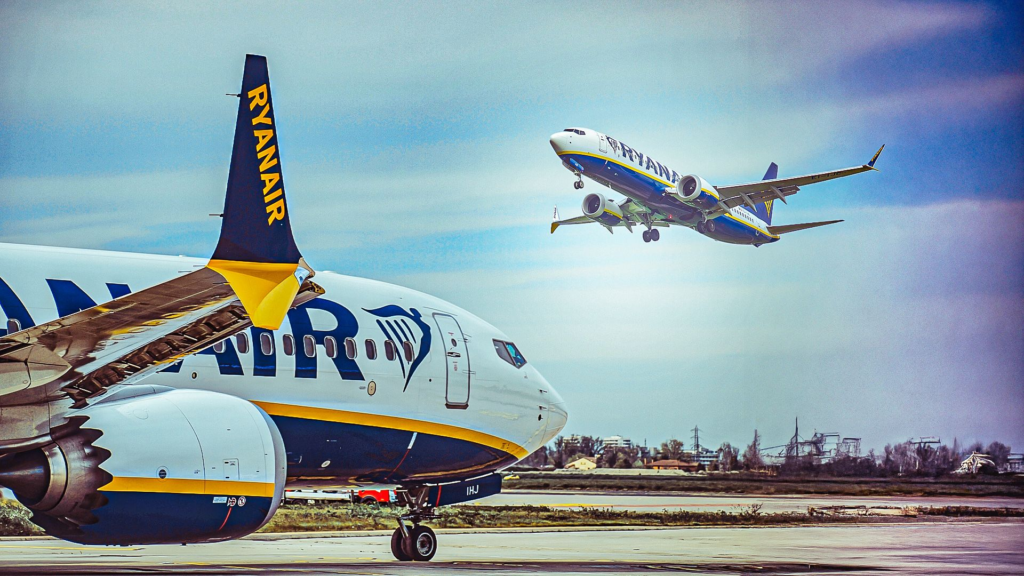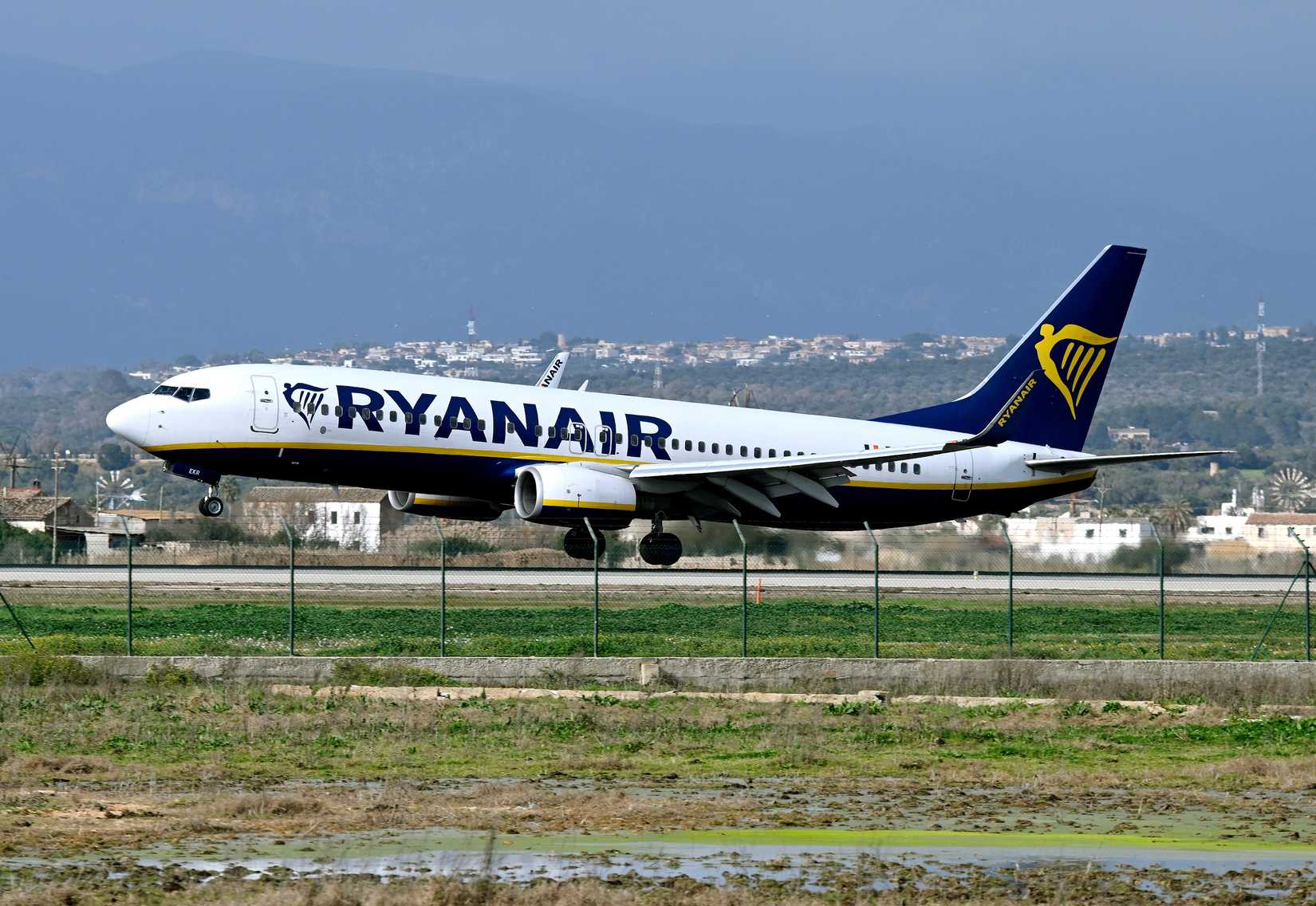Ryanair has announced major changes to its network in and out of Germany for the upcoming Winter 2025/2026 season, cutting roughly 800,000 seats and cancelling 24 routes. Rather uniquely, these cuts aren’t due to low demand or excessive losses (at least in the company’s words), but rather due to issues with recent taxes and policies implemented by the German government.
This marks one of the most significant cutbacks by Ryanair in Germany in recent years and highlights ongoing tensions between the ultra-low-cost carrier and German authorities. Ryanair has long criticized the country’s high airport charges and taxation policies, warning that they discourage airline growth, reduce passenger traffic, and ultimately harm tourism and connectivity.
Details Of Ryanair’s Newest Cuts
Ryanair is cutting flights at a total of nine “high cost” German airports, including Berlin-Brandenburg, Hamburg, and Memmingen. In total, the carrier is cutting 24 routes and reducing capacity by roughly 800,000 seats, which will bring capacity in its German network below Winter 2024 levels. These are significant reductions, especially in a market as large as Germany.
These reductions are part of Ryanair’s broader strategy to redeploy capacity to markets with lower operating costs and stronger incentives for airlines. In past seasons, the carrier has frequently shifted aircraft to countries like Italy, Spain, and Poland, where airport fees and taxes are lower and government policies are more supportive of growth.
The cuts are expected to impact not only leisure travelers but also regional connectivity within Europe. Ryanair’s presence has been a key driver of low-fare travel from secondary German cities, and these reductions could result in higher fares and fewer options for passengers in affected regions. Ryanair emphasizes that its current decision could be reversed if the German government changes course, which would be beneficial for consumers.
Ryanair Making A Political Statement
It’s uncommon for most airlines to make political statements, but Ryanair is a bit unique. It has strong leverage in much of Europe due to its size, and it thrives on publicity to increase public awareness. Everyone in Europe knows what Ryanair is, and actions like publicly deriding a government all contribute to the high level of public awareness. Any publicity is good publicity.
By putting this relatively long, harshly worded statement to the public, Ryanair is attempting to strong-arm Germany and to make sure everyone knows it. The company survives by keeping operating costs low, and with high access costs and increased taxes, operating in Germany is anything but cheap. Ryanair hopes that the cuts will incentivize Germany to reverse the recent aviation tax increases.
|
Reducing Capacity |
Cutting All Service |
|---|---|
|
Baden-Württemberg |
Dortmund |
|
Berlin-Brandenburg |
Dresden |
|
Cologne |
Leipzig |
|
Frankfurt-Hahn |
|
|
Hamburg |
|
|
Memmingen |
Make no mistake, Ryanair’s true intentions are to return the cut capacity, but without the new taxes. It’s taking this public to drum up support from its customers and those who may not be as aware of the recent changes in the aviation industry. It frames its cuts as being a negative for the traveling public, and it frames itself as being cut out of the market due to the actions of the government. This turns public sentiment against the government, which could lead to the taxes being reduced or eliminated.
Market Impact Of The Upcoming Changes
Ryanair is shifting aircraft that were originally based in Germany to other countries, such as Italy and Spain. It focuses on nations with low operating costs (though it’s publicized issues with even lower-cost nations as well), and it searches for airports that offer low fees or incentives, which improves the economics of many of its routes. However, if the aviation taxes in Germany are reduced or reversed, then Ryanair promises to add even more capacity than it offered before.
For Germany, the reduction could have knock-on effects on tourism and regional economies. Germany is a nation dominated by Lufthansa Group and Condor, with high operating costs making it difficult for budget airlines to enter the market. As such, Ryanair’s network has been instrumental in bringing inbound leisure traffic to smaller German cities, and reduced service may impact local hospitality and tourism sectors.
Germany has a high demand, but Ryanair is focused on keeping its costs low, and it’s clearly ready to make brutal cuts if the economics are no longer favorable. Ryanair is publicizing this conflict in hopes of more favorable policies, but it would rather deploy this capacity to a smaller market with cheaper operating costs than fly in an expensive country with higher demand.


